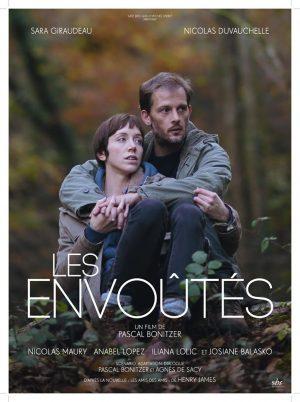The movie is called A Better Tomorrow, and it absolutely transformed Hong Kong as a society. It put Woo on the map, it changed the career trajectory of all three stars, and there was even a Mark Gor craze, which was the name of Chow's character. Ti Lung, who played the elder brother, was a mega star in the 70s, as he usually played the hero in ancient martial arts films, but once that market dried up by the 80s, he was seen as a washed star. Chow Yun-Fat, meanwhile, had won the Best Actor awards at major film award shows, like the Golden Horse Film Festival, arguably the most prestigious film awards ceremony in Southeast Asia, but his films had all bombed at the box office, so he was seen as box office poison. Finally, Leslie Cheung was a matinee idol, but he was unproven as a box office draw.
After this movie, which broke box office records, Ti Lung received a career revival, and he extended his stardom into the 90s. Meanwhile, Chow became a true superstar, and by the 90s, the common saying, in order to describe his impact on the box office, was "Two Chow, One Cheng/ Chan". The two Chows were Stephen Chow and Chow Yun-Fat, while the One Cheng/ Chan was Jackie Chan, as these three pretty much split the box office takes. Finally, Cheung also became a superstar in his own rights, and not only was he a box office success, his singing career got a major boost as well. The theme song from A Better Tomorrow was a major hit, and his subsequent records were all big hits as well.
Chow's character, Mark Gor, was also a cultural icon. For a while afterwards, young people in Hong Kong all dressed like him, and his Burberry trench coat was omnipresent. Everyone wanted one, and they even called it Mark Gor Lau, or Mark Gor coat, but honestly, few had Chow's height to pull it off. In fact, the character was so popular, Woo has to bring him, or some iteration of him, back twice, in the two sequels. In A Better Tomorrow II, Chow played Ken, Mark's younger brother, who was basically just Mark, while A Better Tomorrow III was actually a prequel, so Chow was free to play Mark, once again.
I agree with kihei that the movie is not perfect, and like Woo's subsequent movies, they all have major plot issues, and plays to the lowest common denominator, but it is still one of the most influential movies of all times. It completely changed the Hong Kong crime action genre, as numerous copycat movies followed, and the action choreography, especially the gun fight sequences, took a major step forward. Personally, I view this movie more along the line of kihei, because the plot is very thin, but I do appreciate its impact on not just the film industry in Hong Kong, but in fact, the entire culture.






 You just can't make this up. 45 minutes after surgery, he's up and running and spin-kicking bouncers twice his size and half his age in the face. It's so dumb that it's kind of fun. Plus, it sometimes has the weird aesthetics of a stylized porn film, like something by Michael Ninn, with very strange (and bad) use of green screens and/or retroprojection. Barbarash, another frequent contributor, was also responsible for the worst JCVD film I've seen, 6 Bullets. This one is a lot better, but really hard to rate. I'd give it a 1 for the "so bad it's fun" value, but it's not quite there. 3/10
You just can't make this up. 45 minutes after surgery, he's up and running and spin-kicking bouncers twice his size and half his age in the face. It's so dumb that it's kind of fun. Plus, it sometimes has the weird aesthetics of a stylized porn film, like something by Michael Ninn, with very strange (and bad) use of green screens and/or retroprojection. Barbarash, another frequent contributor, was also responsible for the worst JCVD film I've seen, 6 Bullets. This one is a lot better, but really hard to rate. I'd give it a 1 for the "so bad it's fun" value, but it's not quite there. 3/10
